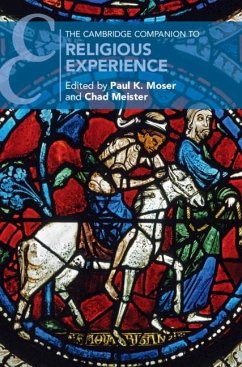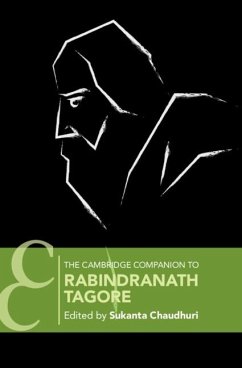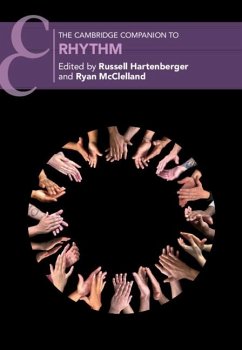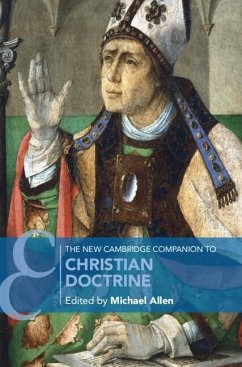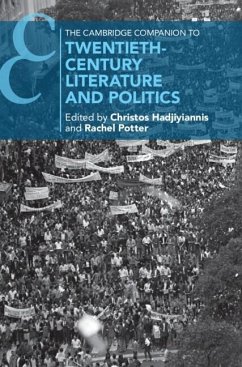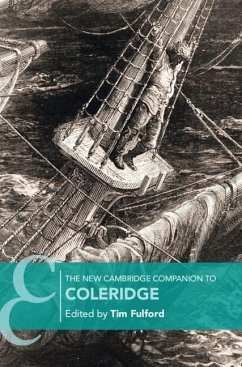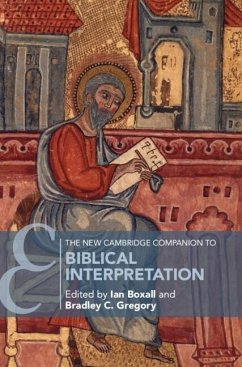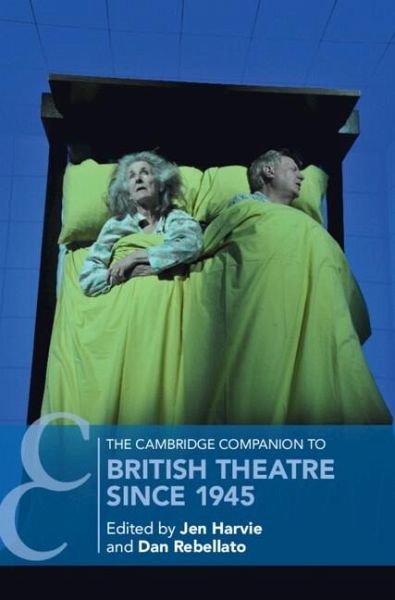
Cambridge Companion to British Theatre since 1945 (eBook, PDF)

PAYBACK Punkte
14 °P sammeln!
British theatre underwent a vast transformation and expansion in the decades after World War II. This Companion explores the historical, political, and social contexts and conditions that not only allowed it to expand but, crucially, shaped it. Resisting a critical tendency to focus on plays alone, the collection expands understanding of British theatre by illuminating contexts such as funding, unionisation, devolution, immigration, and changes to legislation. Divided into four parts, it guides readers through changing attitudes to theatre-making (acting, directing, writing), theatre sectors (...
British theatre underwent a vast transformation and expansion in the decades after World War II. This Companion explores the historical, political, and social contexts and conditions that not only allowed it to expand but, crucially, shaped it. Resisting a critical tendency to focus on plays alone, the collection expands understanding of British theatre by illuminating contexts such as funding, unionisation, devolution, immigration, and changes to legislation. Divided into four parts, it guides readers through changing attitudes to theatre-making (acting, directing, writing), theatre sectors (West End, subsidised, Fringe), theatre communities (audiences, Black theatre, queer theatre), and theatre's relationship to the state (government, infrastructure, nationhood). Supplemented by a valuable Chronology and Guide to Further Reading, it presents up-to-date approaches informed by critical race theory, queer studies, audience studies, and archival research to demonstrate important new ways of conceptualising post-war British theatre's history, practices and potential futures.
Dieser Download kann aus rechtlichen Gründen nur mit Rechnungsadresse in A, B, BG, CY, CZ, D, DK, EW, E, FIN, F, GR, HR, H, IRL, I, LT, L, LR, M, NL, PL, P, R, S, SLO, SK ausgeliefert werden.





